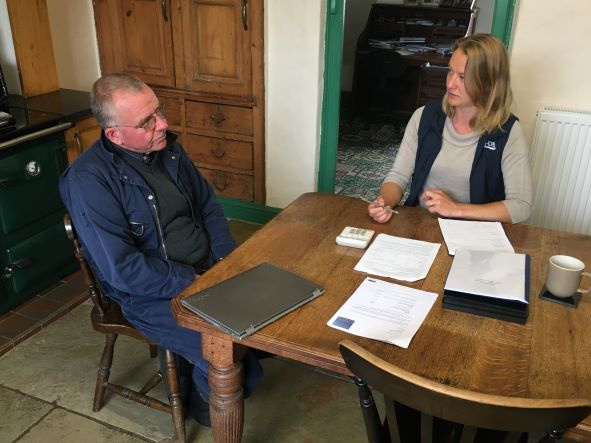- Home
- Knowledge library
- Sole trader
Sole trader
Understanding sole trading, the key points around why it suits farm systems, tax implications of this business structure and the benefits to the person involved.
What is a sole trader?
A sole trader and their business are one and the same thing. Any profits or losses are that of the sole trader, who pays personal income tax on the trading income.
The entire farming enterprise and business are owned by and in control of the sole trader.
Key points
The liabilities, risk and income are all the responsibility of the sole trader:
- Despite it being a personal business, a business bank account should be set up
- Unlimited liability
- Although there are no other business partners it is important to consider the business aims and objectives
- Consider if succession is required; the death of the sole trader is often the end of the business
- All profits are attributable to the sole trader
- The sole trader would be the claimant or agreement holder for official schemes
Tax
- Included on the sole trader’s personal tax return on the trading pages
- Personal income tax is payable subject to farmers' averaging
- The agricultural land used by the sole trader remains eligible for Agricultural Property Relief (APR) and Business Property Relief (BPR) if the land is owned by the sole trader. The qualification of a house as a farmhouse for APR depends on the particular circumstances
- May not achieve the most tax-efficient position for a husband and wife team where a partnership may be an option
Benefits of this model
For the individuals
- This is the most straightforward business model
- Many businesses may start as a sole trader and grow into a partnership or a limited company
- There can be no conflict between the business and its owners as they are the same person
- It is more private than a Company
For the land owner
- It is straightforward as to who is responsible for farming the land
Useful links
Set up as a sole trader − GOV.UK
For further help on choosing the right business structure: Get help and support for your business - GOV.UK


